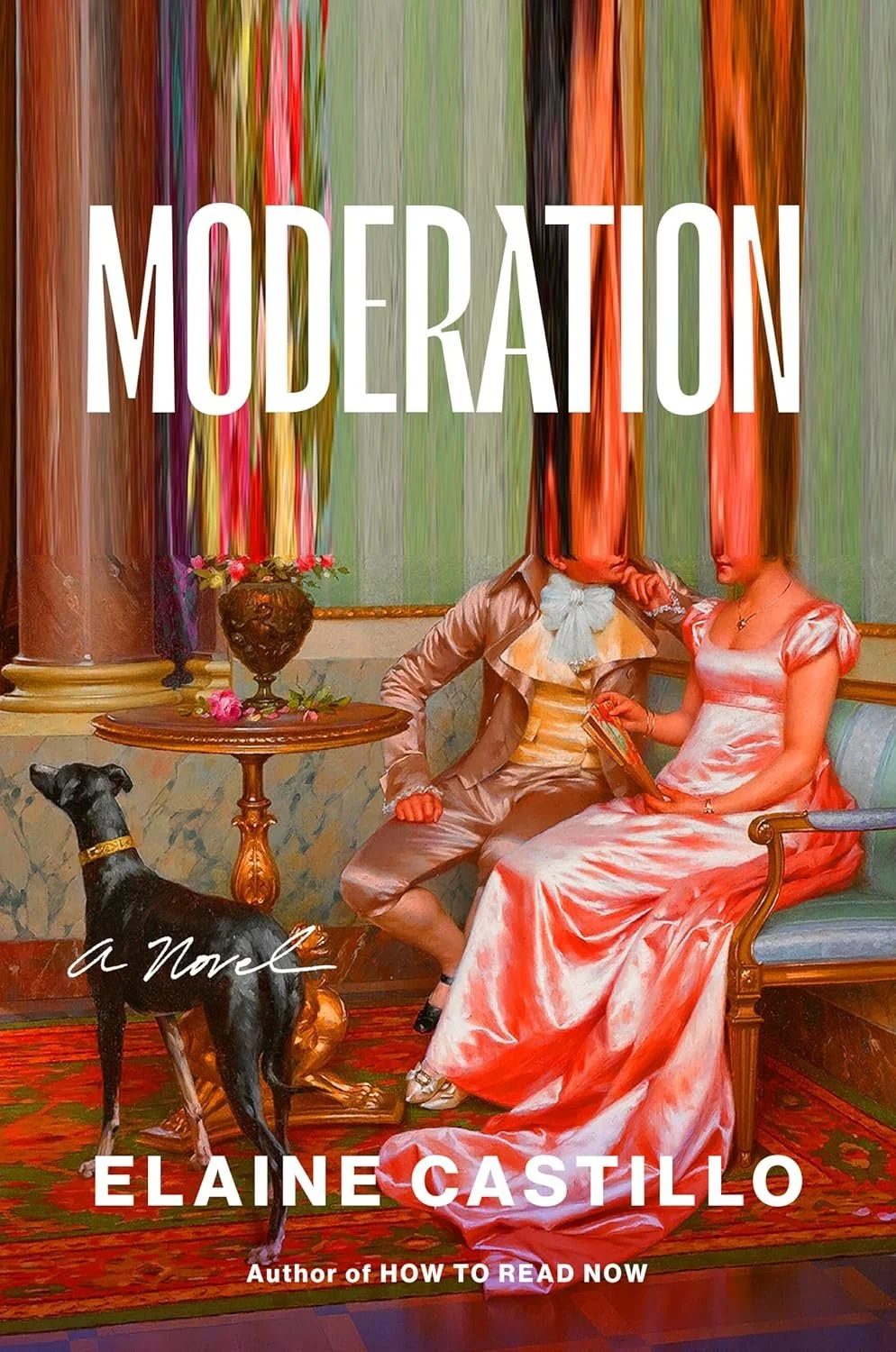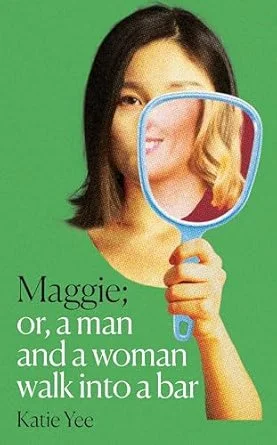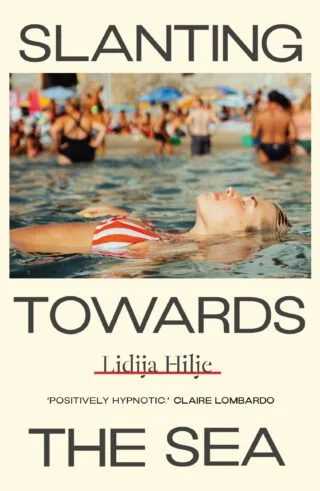Victory City, Salman Rushdie
‘This tale has resilience at its very core, a theme that resonates even more profoundly following the near-fatal attack on Salman Rushdie in August 2022.’
In his latest novel, Victory City, Salman Rushdie fashions a sweeping epic about the rise and fall of a once glorious empire in medieval India, weaving together history and magical realism to create a work of great imagination.
Framed as a modern-day translation of a rediscovered ancient narrative poem by the poet and prophetess Pampa Kampana, the novel details the myth of her city’s origins and its eventual destruction. It begins with the burning of women when 9-year-old Pampa Kampana witnesses her mother and many others, widowed from battle, sacrifice themselves in a deadly fire. In her anguish, the orphaned girl becomes inhabited by the goddess Parvati, who speaks through her and empowers her with the knowledge that she will author the story of a ‘great city’ – a place that celebrates art and values women. Bestowed with divine powers and the bounty of the goddess, Pampa Kampana performs her first miracle and grows this new city, later named Bisnaga, from nothing more than a bag of magical seeds, whispering its people and their lives into existence. Across centuries and dynasties, we see the history of the empire unfold in a fantastical way. A city born out of storytelling, it is said to have ‘thrived in the richness of its fictions’, but, as with all great stories, this does not mean an exemption from tragedy or loss. War rages and violence holds the city in its grip and throughout it all is Pampa Kampana, who lives for 247 years and sees Bisnaga through every era.
This tale has resilience at its very core, a theme that resonates even more profoundly following the near-fatal attack on Salman Rushdie in August 2022. In Victory City, the author’s first work to be published in its aftermath, the power of the written word and of the storyteller remain triumphant. It’s a message that underlies every page and rings out long after the closing sentence: ‘Words are the only victors.’
Editorial Picks




